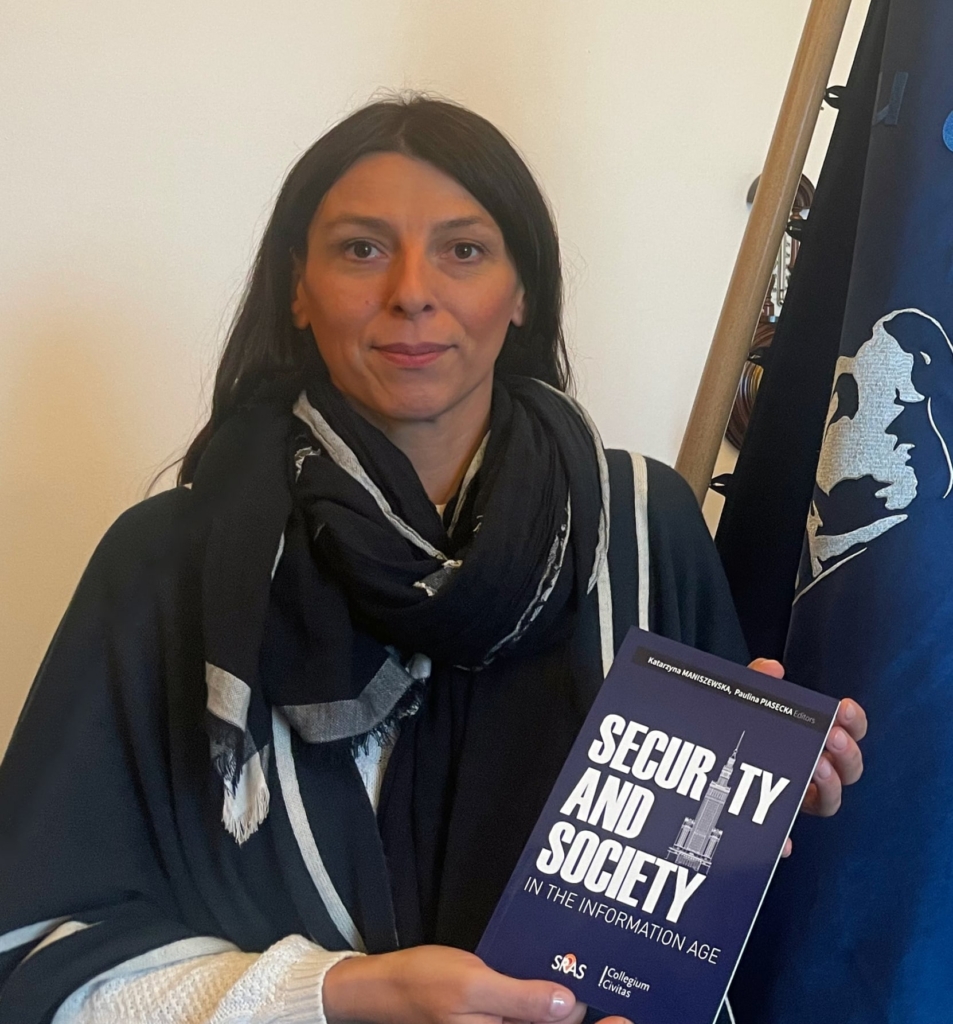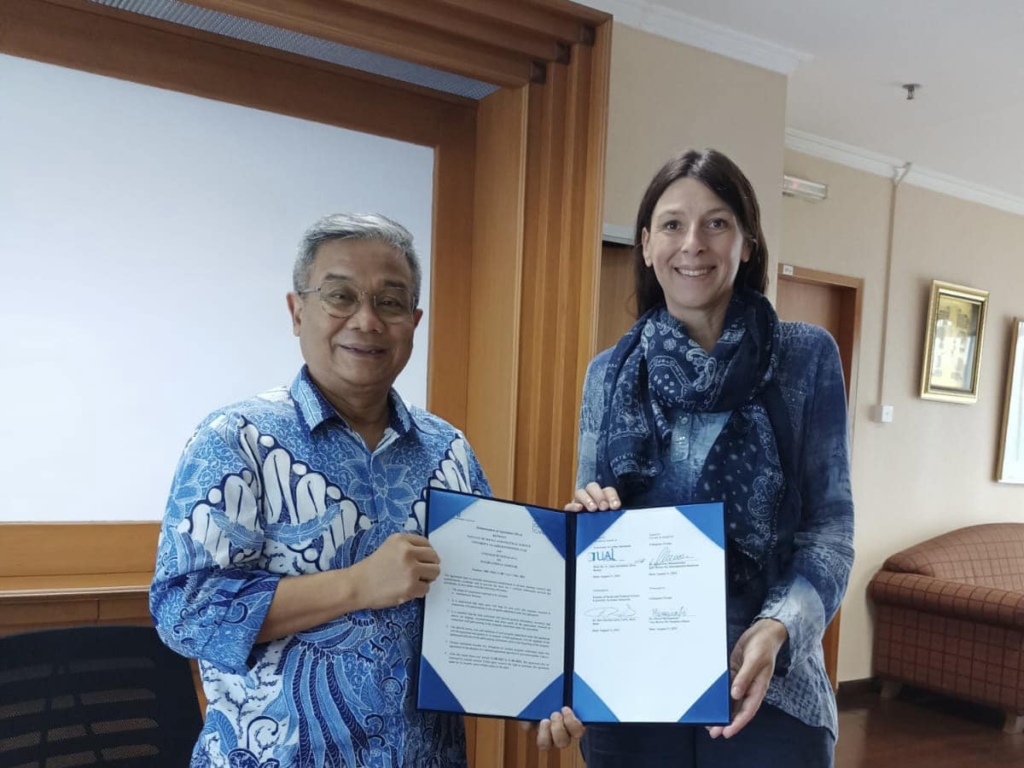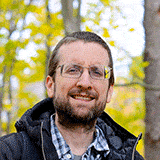Katarzyna Maniszewska is the long-time director of SRAS’ Security and Society in the Information Age program in Warsaw. She received her Ph.D. from the University of Warsaw and her research focuses on the history and development of political extremism and terrorism with particular emphasis on media coverage of terrorism. She completed postgraduate studies in Issues Relating to Organized Crime and Counterterrorism through the Faculty of Law as well as Postgraduates Studies in Management (Faculty of Management) at the University of Warsaw. She has written two books on related subjects in Polish and is expecting her third, written in English, to be published in the near future. She is also the editor of the academic journal that participants of the Security and Society Summer School contribute to.
In the half-hour conversation below, Dr. Maniszewska talks with SRAS program director Renee Stillings about the program they run together. They also discuss the history of terrorism and some of the mechanics of what drive terrorism and the challenges facing the field of counterterrorism studies.
On Modern Counterterrorism Studies
Dr. Katarzyna Maniszewska has devoted herself to the study of counterterrorism. Her books have examined Europe’s history as the birthplace of modern terrorism as well as the connection between terrorism and the media. The second subject is particularly concerning in the modern age. Terrorism is, essentially, theater; it thrives more on the eyes that will perceive it than on the destruction it causes. Thus, media, and especially unfiltered social media with nearly unlimited content, can act as a multiplier for terrorism.
Terrorism is more likely to occur in places where political instability, violence, economic hardship, or ecological degradation is present. Terrorism also contributes to all these factors, meaning that it can create feedback loops that lead to its own perpetuation. There is some debate on how the rise of AI might affect terrorism, but most agree that it might be a new source both of terrorism and counterterrorism measures.
Dr. Maniszewska’s current line of study, which will be featured in her new book due out in the coming months, is the search for a definition of terrorism. This is central to counterterrorism studies as, as the saying goes, “a problem well defined is a problem half solved.” However, much like theater, terrorism surprisingly has no solid definition. The search for one is made harder by the fact that politicians often use the name to insult political opponents, which can create public confusion. Furthermore, even academics still widely disagree on how the word should be defined.
Dr. Maniszewska is well positioned to contribute to her field in the future. Her writing and research have connected her to some of the world’s most respected thinkers on the subject. She helps to lead the Terrorism Research Center, a think tank in Warsaw whose experts make frequent media and symposium appearances. She is also, as a lecturer at Civitas University and with SRAS’s Security and Society program, helping to educate the next generation of thinkers who, she says, have some exciting and fearless ideas of how to approach security problems in the future.
Pictures and Video




